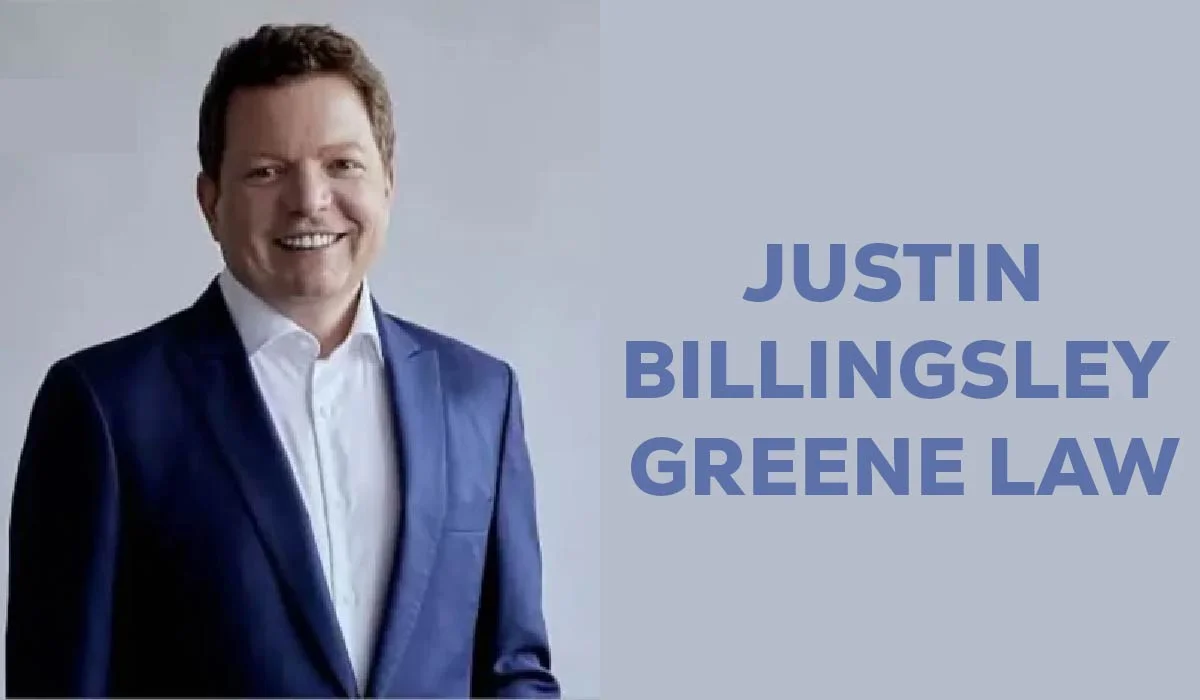Job History in Resumes: How Many Years Should You Include?
Have you applied to a lot of companies and haven’t heard back from any of them? Perhaps your cover letter is not convincing, or the amount of job experience you mentioned in your resume is not enough. Most times, applications are rejected before they even make it to the recruiters’ desks.
Your resume serves as an introduction to you as a professional. Since employers do not see you until you show up for an interview, the document you submit speaks on your behalf. This is the best chance to make the first impression count!
If you’re confused about how much employment history you should include in your resume, here’s a guide to writing a concise one.
How Far Back Can You Go With Your Employment History In Your CV?

So you’ve finally decided to sit down to edit your resume, but there’s a problem. You, like many others, might be asking yourself how many years of work history should you include on a CV?
Usually, it is recommended to add information about the most recent jobs you’ve worked in the past 10 to 15 years. But the range can vary depending on where you stand in your career.
The extent to which you mention your experience is going to be determined by how long you’ve been working and the kind of role you are applying for. Here’s a detailed breakdown:
Undergrad Students or Recent Graduates
We all started from somewhere in our careers as students. If you have graduated from university recently or are still completing your degree, mention details about the part-time jobs you have worked. Moreover, whether you are looking for your first internship or entry-level role, make sure to add all the related experience you have gained in your academic journey.

This also includes extracurricular activities and volunteer opportunities you took up. Besides this, it is important to highlight transferable skills as well, since you might not have the relevant expertise for the job you’re applying for. Employers look for such skills in individuals who have recently finished university and lack experience.
Early to Mid-Career Professionals
For people who have already begun their professional journey, or are already a couple of years into it, updating their resumes is easy. In case you are one of them, you’ll have more experience compared to fresh graduates.
It is more convenient to add employment history in a way that effectively showcases your competence for the roles you are applying for. Additionally, make sure to regularly edit your CV and add experiences related to the job you want. However, since you have about ten to fifteen years of employment history, you can leave out your early employment record.
More Than Fifteen Years of Employment
Tempted to add your entire history to your resume? Think again. If you have been working for a long enough time, you should let go of your early experiences. By this point, you have surely acquired enough expertise in your respective fields.
You should mention the roles that helped you grow the most as a professional. Try to mention any prominent achievements you’ve made in the past few years, or any awards you have received. It will make your application stand out.
On the other hand, avoid including your entire employment history. No recruiter wants to read a long document. According to recent surveys, employers tend to prioritize clear and concise CVs more than lengthy ones.

Now that you know how many years you can go back with your history, you can go on to edit your resume or get professional CV writers NZ to do it for you. But it doesn’t just end here. There are some other things that you need to keep in mind. Here’s how you can update your CV to impress potential employers.
Factors to Consider While Editing Your CV
Keep the Job Position in Mind
When applying for new roles, you can’t send the same old document you made years or even months ago. While you might be trying to avoid your resume because who even wants to spend hours in front of the laptop working on a small document that the recruiters only skim? You should know that this makes all the difference!
When editing, consider the kind of role you are applying for. For entry-level positions, not a lot of relevant experience is required, but you need to mention transferable skills to show why you’re a good match for the position. When applying for senior roles, include at least 10 years of employment history.
Remove Irrelevant Roles
Throughout your professional journey, you may have worked in industries that do not align with the position you’re applying for. In such cases, it is advised to remove the unrelated experience. Moreover, you may be worried about this creating gaps on your resume, so mention the transferable skills you have acquired in those roles.

But if you have been working for more than 15 years, you must have enough relevant experience; add that to your CV. For this, you should opt for a functional format instead of a chronological one. It focuses more on skills and expertise than on listing every job you have worked.
Don’t Shy Away From Gaps
Does that career break you had to take, because of a serious health issue, look bad on your resume? Don’t worry. The best way you can address such gaps in employment is by briefly explaining the reason behind them.
Also, do not shy away from talking about the breaks; avoiding them will only harm your impression. Make sure you convey why the gaps exist; they need to be valid and convincing.
Add a Career Note
If you wish to include your early jobs, you can do so by adding a separate section for them. This career note will summarize your initial employment history without overcrowding your document. In case you’re confused about how exactly you should write this section, seek help from a resume writer.
If you have gained a lot of experience early in your career, you can still add it to your document without mentioning the timeline in which you got it. This is great for those who want to avoid age discrimination.
Conclusion
By now, you must have a clear idea of how you need to update your CV. We have all gone through the confusing process of deciding what information to highlight in our document. The choice is no doubt very daunting to make. So, by following these simple tips, you can easily edit your resume to stand apart from the crowd and get that job you want. So what are you waiting for? Grab your laptop now and get started with your winning resume!














